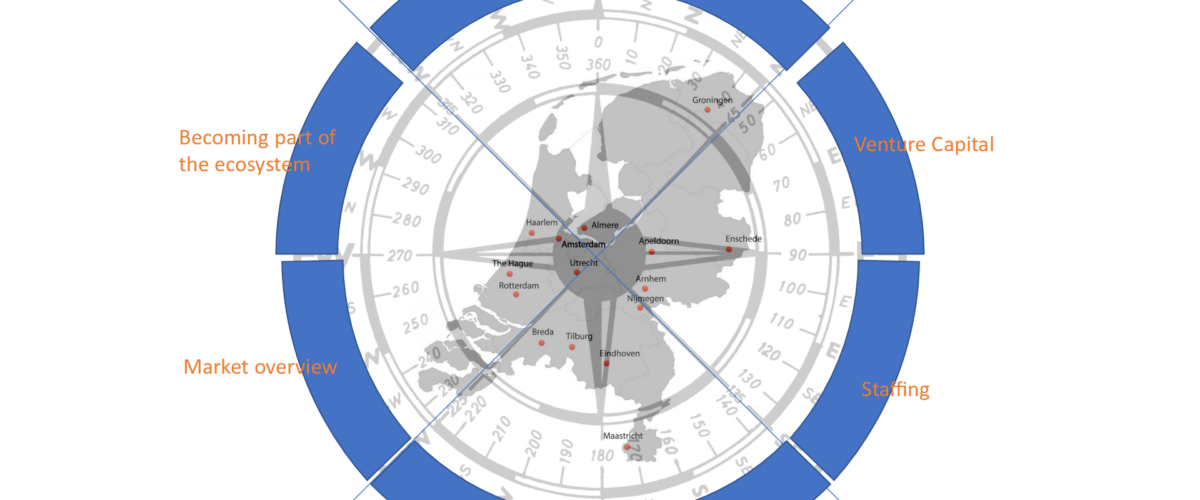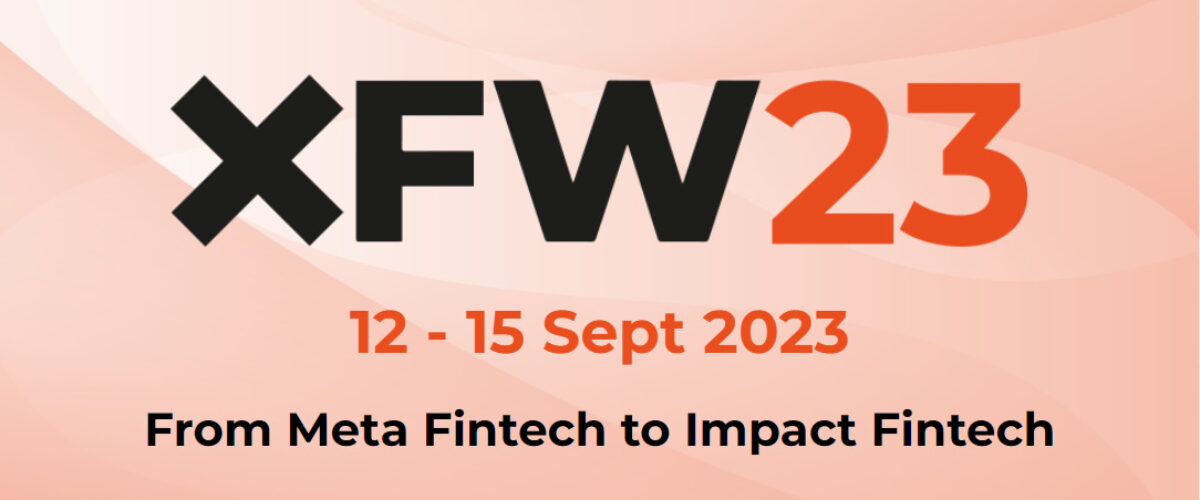The Netherlands is at risk of losing a staggering 90 billion euros by 2040 if it continues to cut investment funds, according to a recent report by Rabobank. The warning emphasizes the critical need for investment to take a central role in the country’s political agenda. The report underscores that recent political focus on short-term issues, such as citizens’ purchasing power, has led to the neglect of essential long-term investments vital for a stable and growing economy.
The danger lies in the potential deterioration of the Dutch business and establishment climate, posing a threat to the country’s competitive position in the global market. Rabobank’s research highlights the significance of sustained investment in Research & Development (R&D) and education, as neglecting these areas directly impacts labor productivity and, subsequently, the nation’s future prosperity.
The National Growth Fund, a crucial initiative, has been under pressure, and the report’s figures indicate that failing to address these challenges could result in a massive loss of 90 billion euros for the Dutch economy by 2040. As a response, Rabobank calls for heightened ambition from politicians, emphasizing that investing in knowledge is not only essential for the current economic situation but also vital for shaping the Netherlands into a knowledge economy in the future.
While temporary funds have been established, Rabobank acknowledges their limitations, citing their temporary nature and occasional mismatch with the intended purpose. The report advocates for the establishment of structural funds, proposing various models based on successful international examples. Examples include the Norwegian Global Pension Fund, the French Caisse des dépôts et consignations, and Singapore’s Temasek. Unlike current funds, these models involve risk-bearing investments rather than grants, with independent boards operating within set frameworks.
Rabobank suggests an alternative approach involving legislation for structural investments in R&D, education, private R&D stimulation, and possibly entrepreneurship. This approach would integrate spending into the regular budget but emphasizes the need to actively engage the business community. The goal is to ensure that investments align with both current and future economic needs, fostering a more sustainable and competitive national economy.
In summary, Rabobank’s report serves as a wake-up call for the Netherlands, urging policymakers to prioritize long-term investments in R&D and education to secure the nation’s economic growth. The proposed structural funds and legislative measures aim to provide a sustainable framework that goes beyond temporary solutions, emphasizing the importance of involving the business community in shaping the country’s economic future.


